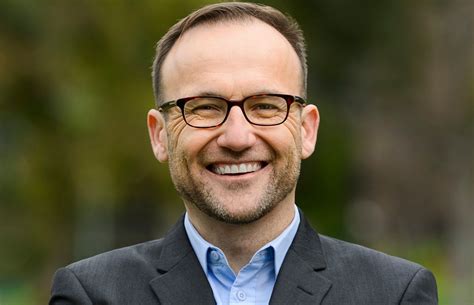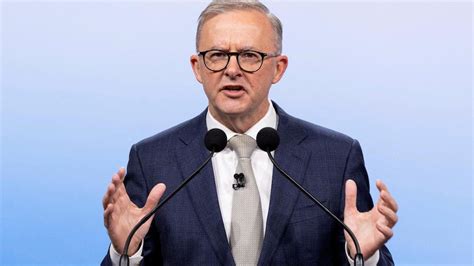The Australian political landscape is abuzz with the Greens’ bold $10 billion plan to revolutionize the education sector by making public schools completely free for all students. This ambitious proposal, set to be unveiled by Greens leader Adam Bandt, aims to alleviate the financial burden on Aussie households currently grappling with hefty annual school fees.
“In a wealthy country like ours, everyone should be able to afford the basics: a home, food, and world-class health and education,”
expressed Bandt passionately in a recent statement. The sentiment behind this initiative resonates deeply with families who have long felt the strain of juggling educational expenses alongside the rising cost of living.
At the core of the Greens’ proposition lies a commitment to ensuring that no child is deprived of quality education due to financial constraints. By scrapping existing voluntary school fees and introducing back-to-school payments amounting to $800 per child, this plan seeks to provide tangible relief to families across the nation.
Expert analysts suggest that funding this monumental policy shift would entail imposing taxes on big business entities. Bandt emphasizes the need for equitable taxation practices, pointing out stark disparities where working individuals bear heavier tax burdens compared to multinational corporations.
“Taxing the big corporations to fully fund our public schools, scrapping so-called ‘voluntary’ fees and securing back-to-school payments will be on the table in a minority parliament,”
asserted Bandt firmly. This strategic move not only addresses immediate financial concerns faced by households but also underscores a broader socio-economic agenda aimed at promoting fairness and inclusivity within Australia’s educational framework.
While it’s acknowledged that as a minor party, the Greens may not wield power independently, their potential role as coalition partners holds significant weight in shaping future government policies. Past instances point towards successful collaborations between major parties and minor players like the Greens, resulting in impactful legislative changes benefiting ordinary Australians.
As discussions surrounding this groundbreaking proposal gain momentum, voices from various quarters are joining in to debate its implications on households and broader educational reforms. The prospect of free public schooling presents both challenges and opportunities for policymakers seeking innovative solutions amidst evolving societal needs.
In conclusion, as Adam Bandt prepares to present this transformative plan before an eager audience awaiting decisive action on educational affordability, one thing remains clear – change is imminent. The vision of accessible, high-quality education for every child stands at the forefront of political discourse today.









Leave feedback about this